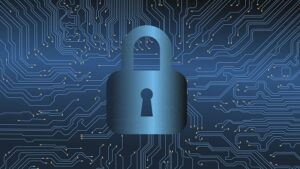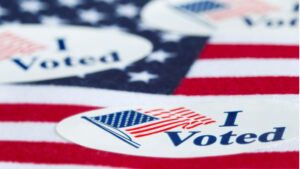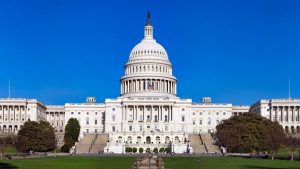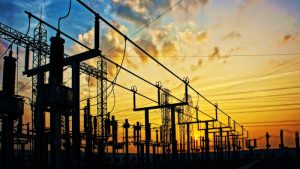A coalition of 17 education and library organizations submitted a letter on Jan. 13 to Senate Commerce Committee leaders urging lawmakers to separate educator-guided classroom technology from recreational “screen time” ahead of a Jan. 15 hearing on youth technology use.
The House voted to pass two key cybersecurity-related pieces of legislation on Monday that would renew cybersecurity grants for state and local government until 2033 and stand up an interagency task force to address threats posed by China.
Nine state and local government organizations are asking congressional leadership to reauthorize the State and Local Cybersecurity Grant Program (SLCGP), warning that without continued funding through the program, security systems across the nation will falter.
National and state school and library organizations are calling on Congress not to repeal a Federal rule that allows schools and libraries to use the government’s E-Rate program to buy discounted Wi-Fi hot spots and related mobile connectivity services for off-premises use.
Federal lawmakers and cybersecurity leaders are calling for sweeping education reforms and expanded student visa opportunities to help build a stronger, more resilient cyber workforce in the United States – one they say is essential to defending against growing digital threats.
With the fiscal year (FY) 2026 appropriations process underway, more than 165 local election officials and associations from 40 states are calling on Congress to provide $400 million in election security funding they say is necessary to protect the integrity of the voting process.
House Energy and Commerce Committee Chairman Brett Guthrie, R-Ky., is pushing to give the Commerce Department an extra $500 million for artificial intelligence (AI) tech capabilities – and to block state AI regulations – through the budget reconciliation process that is kicking off in Congress this week.
A year after the Government Accountability Office (GAO) made a call for a unified Federal government broadband strategy, that idea appeared to attract some backing at a House subcommittee hearing on May 10 that tackled possible next steps for consolidating and organizing the programs.
Bipartisan legislation was reintroduced in the House on Jan. 11 to address the rise in cybersecurity threats and attacks against energy infrastructure in the United States.
A new study shows that the transition to 5G wireless services will create an additional 4.6 million jobs in the United States by 2034 – and that the move to the latest generation of wireless technology has created over 100,000 jobs already since last year.











